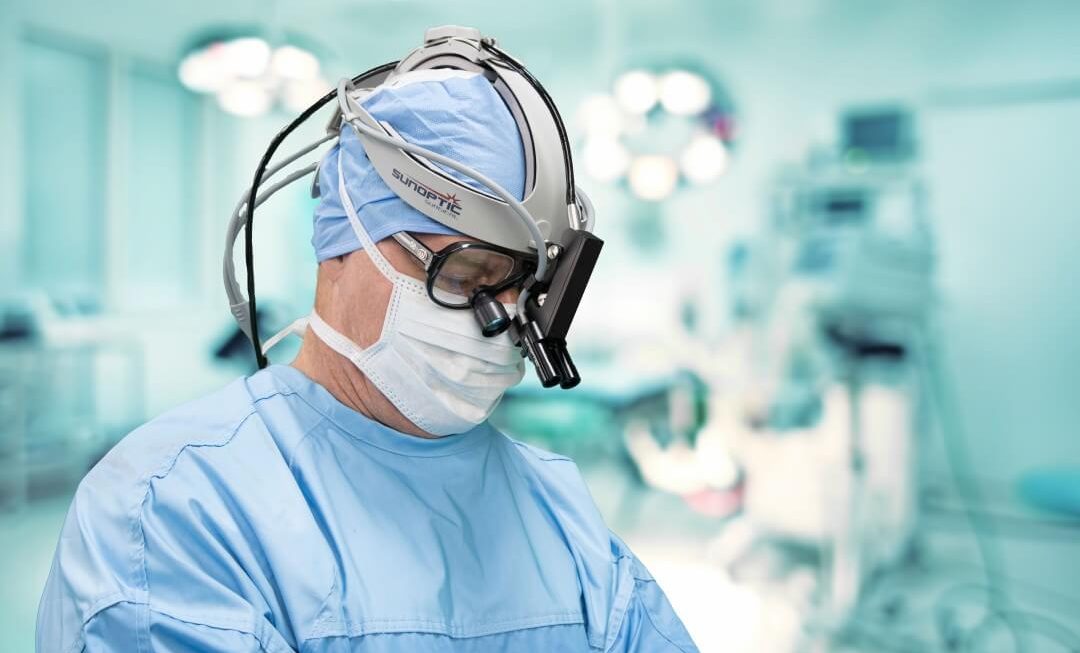Genetics, obesity, and tobacco use are some of the factors that can predispose to kidney cancer, a pathology that, with an early diagnosis, has a high survival rate.
Kidney cancer is a malignant tumor with a solid mass in the renal cortex, usually with bleeding areas, and causes no symptoms until well advanced. Kidney cancer occurs in the kidneys, two organs whose function is to filter the blood and remove waste from the body, transforming them into urine from the kidneys, sent to the bladder through the ureters be excreted later.
Kidney cancer or renal cell is the most common malignant tumor of the kidney, registering approximately 12 new cases per year per 100,000 inhabitants. It accounts for around 4% of adult malignant tumors, being one of the ten tumors with the highest incidence in Spain – 3%, according to data from the Spanish Society of Medical Oncology (SEOM) -. It represents the third cause of death due to genitourinary reasons. It is somewhat more common in males and occurs more frequently from the fifth decade of life.
In recent decades we have witnessed an increase in its incidence, not so much because of the factors that produce it, but because of advances in diagnostic methods that have made it possible to visualize more kidney cancers in imaging tests (ultrasound, CT) performed for other reasons. However, the truth is that its diagnosis is often accidental; either in a routine check-up or after an ultrasound is performed for digestive problems. The most characteristic symptoms by which a specialist can diagnose it are pain in the lateral part or lumbar area, urine presence in the blood, and a palpable mass, although the location of these three signs indicates that the cancer is already in an advanced phase.
The prognosis for this type of tumor –those smaller than four centimeters– is usually good, with almost total survival. Sometimes, it is not necessary to altogether remove the kidney, thus better-preserving kidney function.
In people with a family history of kidney tumors, an abdominal ultrasound is recommended every 4-5 years from 40.
Although there are several types of kidney cancer, clear cell renal cell cancer called renal adenocarcinoma or Grawitz tumor is the most common (about 8 out of 10).
Renal adenoma
Some tumors that originate in the kidneys, such as renal adenoma (the most common), are benign.
A renal adenoma is more common in adults and the elderly. It is usually diagnosed with a routine abdominal ultrasound since it generally does not present any clinical manifestations due to its small size.
However, although it hardly causes discomfort to the patient, it is better to remove them from growing excessively and press on the renal vessels and cause insufficiencies. Treatment is done by laparoscopic surgery, and some small tumors can even be destroyed by radiofrequency.
Kidney Cancer Causes and Risk Factors
Although there is no single or well-defined cause, several risk factors for kidney cancer development are known. To be able to prevent it, it must be clarified that preventive measures cannot be taken regarding some of these risk factors for kidney cancer, such as age (from 50 years is more frequent), sex (higher incidence in men ), or race (its prevalence is slightly higher in black people). But in other cases, we can prevent them:
- Tobacco: it is considered directly responsible for a third of kidney cancers. It is linked to the number of cigarettes and the time of smoking, progressively decreasing this risk when quitting smoking.
- Obesity: it also seems to be responsible for another third of the cases of this tumor. The mechanism by which it occurs is unknown, although hormonal alterations and peripheral insulin resistance are considered the leading causes.
- Diet: it is considered that meat consumption ( fats ) would favor the development of this tumor, although a diet rich in fruits and vegetables could be protective.
- Alcohol: the consumption of alcohol can predispose to its appearance, both in women and in men.
- Kidney diseases: Both cystic kidney disease and patients with chronic kidney failure on dialysis appear to have a higher chance of developing renal cell carcinoma.




